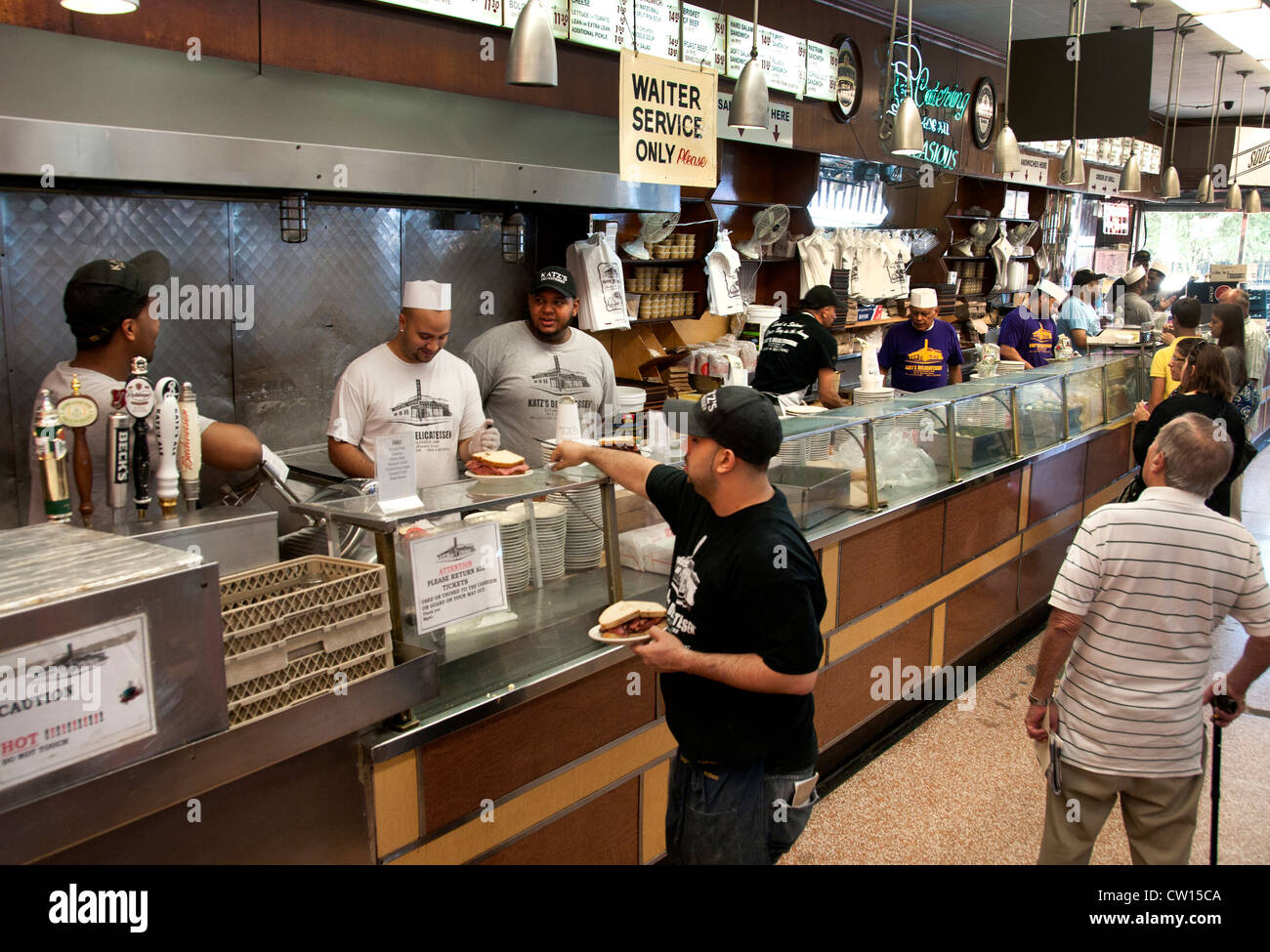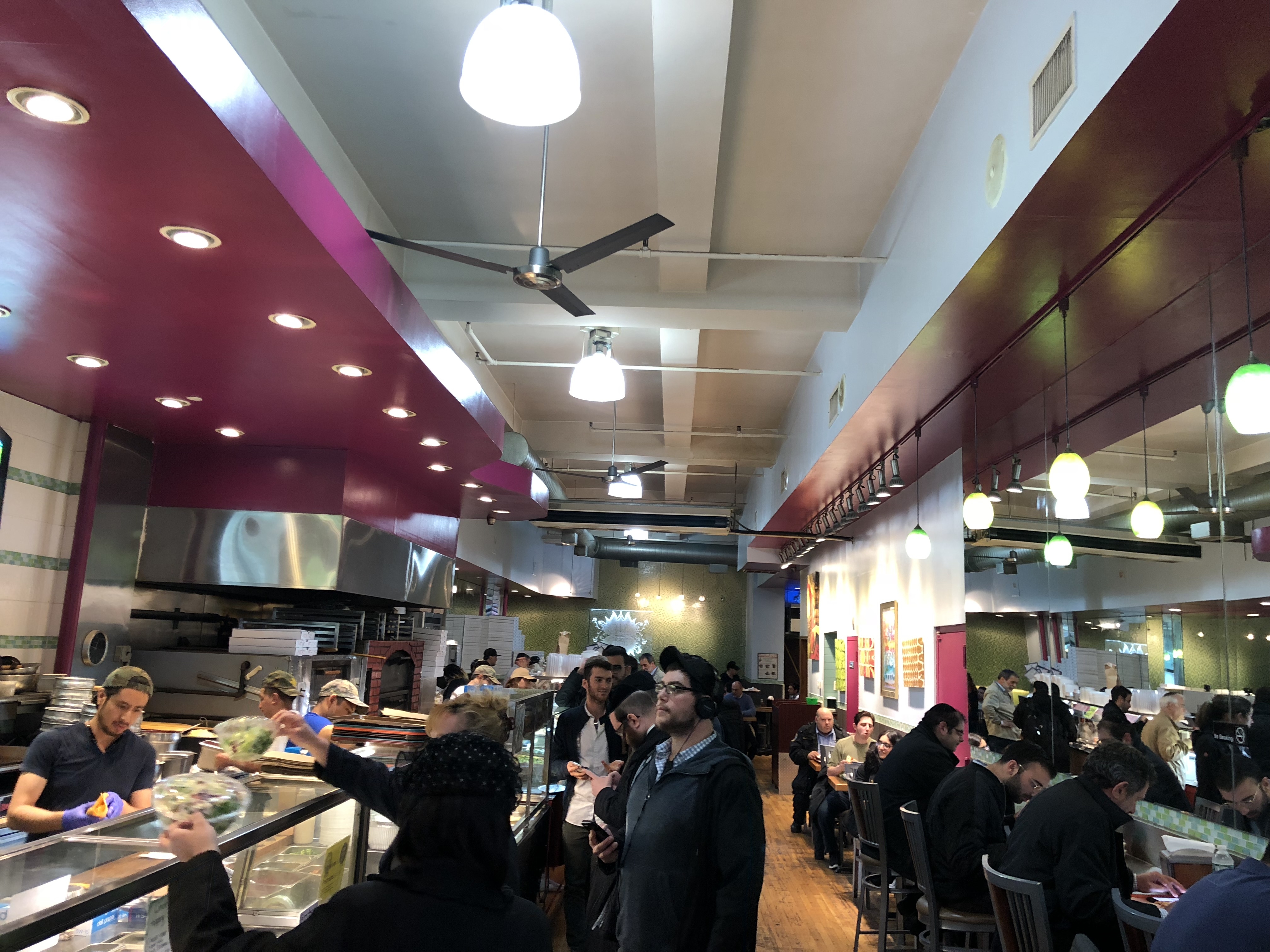



In Italian food, there is mixing of meat and dairy. In terms of kosher law, a Chinese restaurant is a lot safer than an Italian restaurant. Was there any reason, beyond proximity, that Jews wound up eating Chinese food, as opposed to some other immigrant cuisine? It’s a secular way to celebrate Christmas, but it’s also a time to shut out Christmas and announce your Jewish identity in a safe environment. In the last 35 years, Chinese restaurants on Christmas have really become this sort of temporary community where Jews in the United States can gather to be with friends and family. I like to say that, within a hundred years of arriving in New York, the average Jew was more familiar with sushi than gefilte fish. It was a gradual transition from the traditional diet of Eastern Europe, to eating American Chinese food, to eating other pan-Asian cuisines, like Indian food. Jews would go out for Chinese food on Sundays, when they felt left out of church lunch. All of these were within close walking distance of Ratner’s, which was then the most famous Jewish dairy restaurant in Manhattan. By 1936, a publication called the East Side Chamber News reported at least 18 Chinese tea gardens and chop suey eateries in heavily-populated Jewish neighborhoods. The very first mention of American Jews eating in a Chinese restaurant dates to 1899, when the American Hebrew journal criticized Jews for eating at non-kosher restaurants. It begins at the end of the 19th century, on the Lower East Side, where Jewish and Chinese immigrants lived in close proximity. Okay, so tell me when eating Chinese food on Christmas first comes into the picture. Then again, what do I care what he thinks?” After the Chief Rabbi of Vienna came to visit, he wrote something in his diary like, ”I hope the Rabbi doesn’t think less of me because of this. There, they had more freedom to wonder, “Do I bring a Christmas tree into my home? Do I have a holiday meal? Do I give out gifts?” The early Zionist Theodor Herzl was a secular Jew, and he had a Christmas tree in his salon. In Western Europe, after the French Revolution, Jews were more assimilated. If they did anything, they might play cards or chess. They stayed at home for physical safety reasons. Jews did not go to the synagogue to study. Christmas was a night of possible pogroms and violence, with so many celebrants, often drunk, going from house to house. In Eastern Europe, for instance, Jews were not very assimilated. But how they felt specifically was really a function of their status in society. It has been a question for as long as Christmas has existed, because Jews have always felt like outsiders. When did Jews first ask, “What should we do on Christmas?” The book concludes with new perspectives on the malleability of China’s core interests, insights about the application of status for cooperation, and the implications of the status dilemma for rising powers.Both Jews and Christmas have existed for a while. China and Intervention at the UN Security Council draws on an extensive collection of data, including over two hundred interviews with UN officials and Chinese foreign policy elites, participant observation at UN Headquarters, and a dataset of Chinese-language analysis regarding foreign-imposed regime change and intervention. Foreign policy behavior that complies with status, and related social factors like self-image and identity, means that China can select policy options bearing material costs. Understanding the impact and scope of conditions of status answers why China has taken certain positions regarding intervention and how these positions were justified. It posits that China reconciles its status dilemma as it weighs decisions to intervene, seeking recognition from both its intervention peer groups of great powers and developing states. Oxford University Press: What explains China’s response to intervention at the UN Security Council? China and Intervention at the UN Security Council argues that status is an overlooked determinant in understanding its decisions, even in the apex cases that are shadowed by a public discourse calling for foreign-imposed regime change in Sudan, Libya, and Syria.


 0 kommentar(er)
0 kommentar(er)
